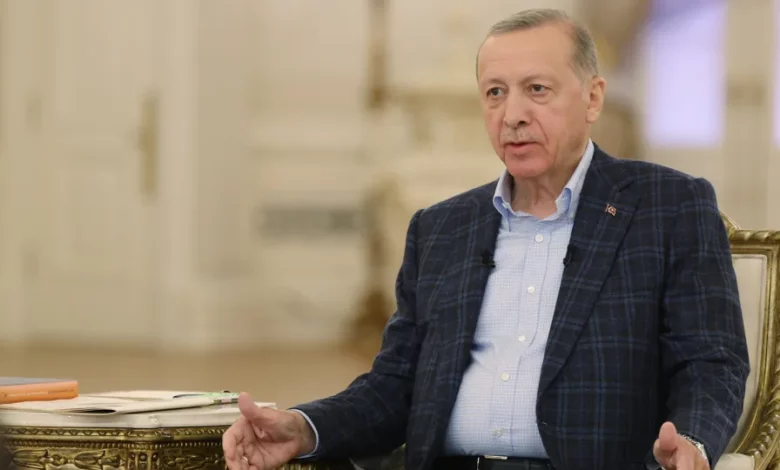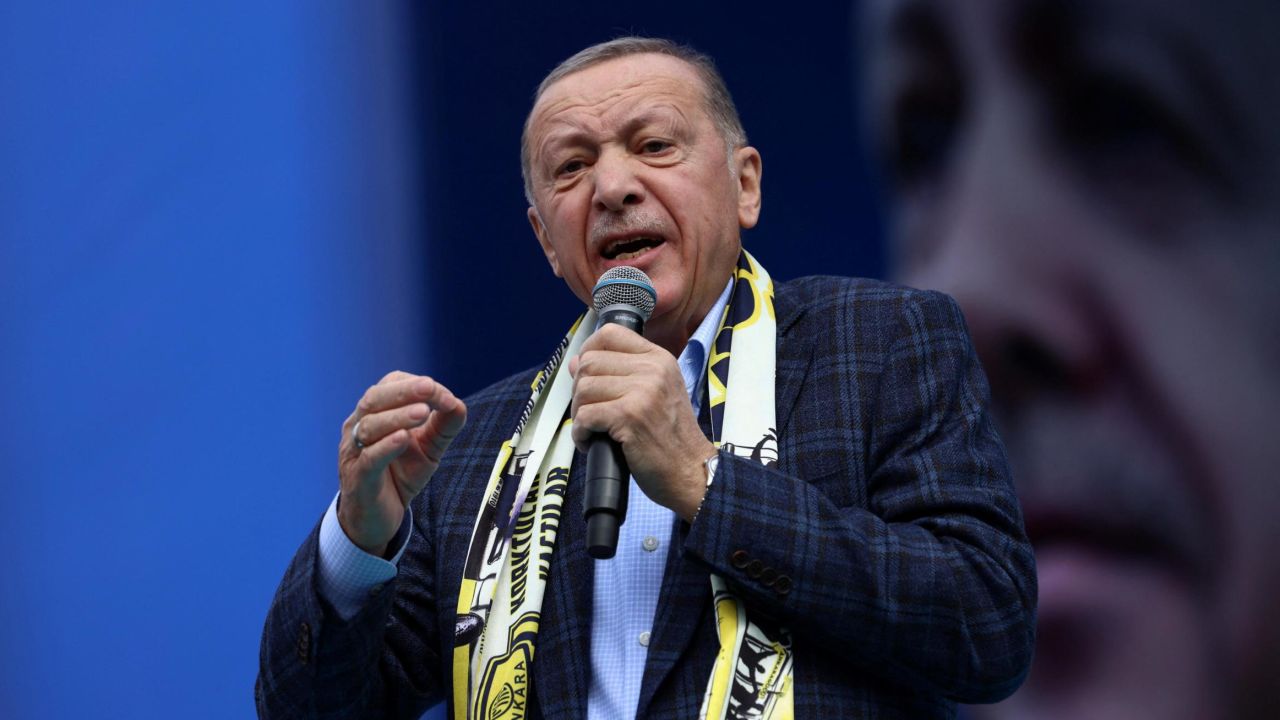
In a broadcast, Erdogan said Turkey’s National Intelligence Organization had been tracking a man known as Abu al-Hussein al-Husseini Al-Qurshi “for a long time.”
“This person was neutralized in the operation carried out by MIT (Turkish National Intelligence Organization) yesterday in Syria,” he said. “From now on, we will continue our fight without discrimination against terrorist organizations.”
He added that Turkey’s fight against terrorism contributes to Europe’s security, claiming that Europe “is not aware of this or does not want to be aware of it.”
Al-Qurshi was named ISIS leader after the death of his predecessor, Abu al-Hasan al-Hashmi al-Qurayshi, who was killed last October by the Free Syrian Army in Syria.
Little was known about Al-Qurshi, but at the time of his appointment, ISIS described him as an “old fighter.”
Erdogan’s announcement came after a recent absence from the public eye due to illness.

Media reports had speculated that his health was deteriorating just two weeks before a crucial election.
The speculation followed a televised interview on Tuesday, which was interrupted after Erdogan left his chair in the middle of a question, before returning to explain he had a “serious stomach flu.”
Following Tuesday’s incident, Erdogan was advised by his doctors to rest at home and canceled a number of public events.
On Thursday, the Turkish government rejected news reports about his health as “baseless claims.” He appeared on video link the same day for the inauguration of the Akkuya nuclear power plant.
Erdogan made his return to public stage for the first time in three days on Saturday, at an aviation festival in Istanbul, where he rallied his supporters as he seeks to extend his 20-year stint in power.
Turkey goes to the polls on May 14, just three months after a devastating earthquake and amid soaring inflation and a currency crisis that last year slashed nearly 30% off the lira’s value against the dollar.



